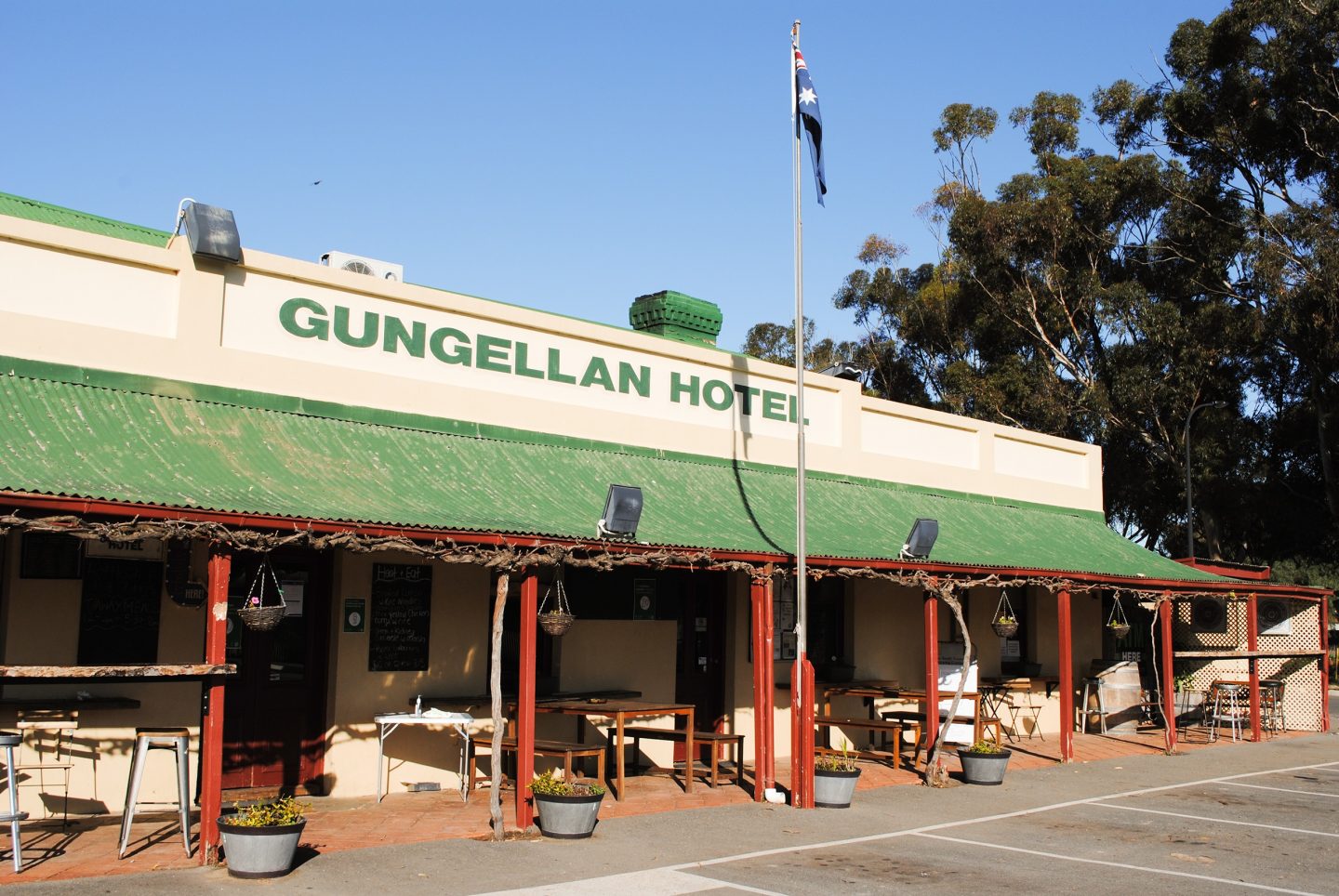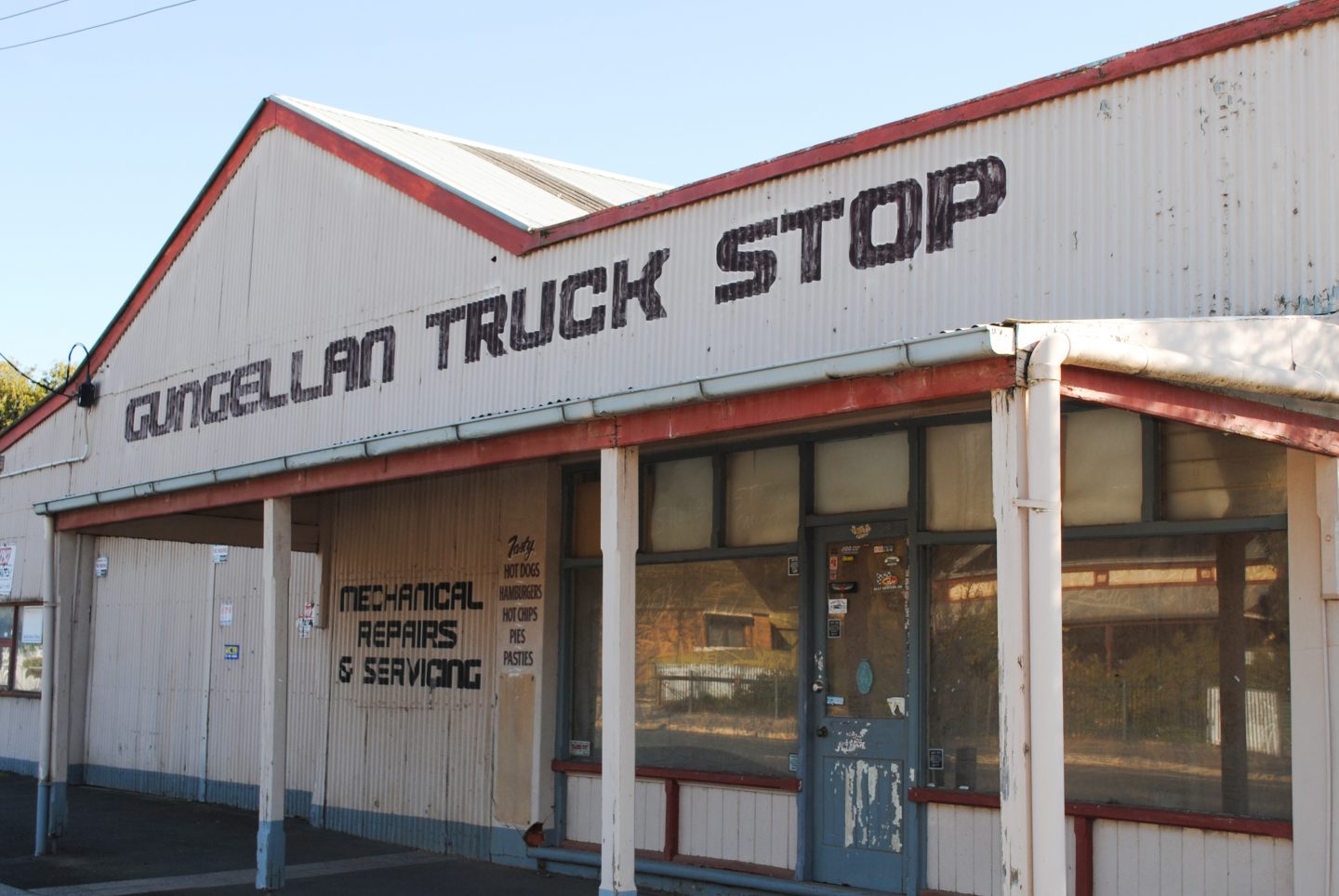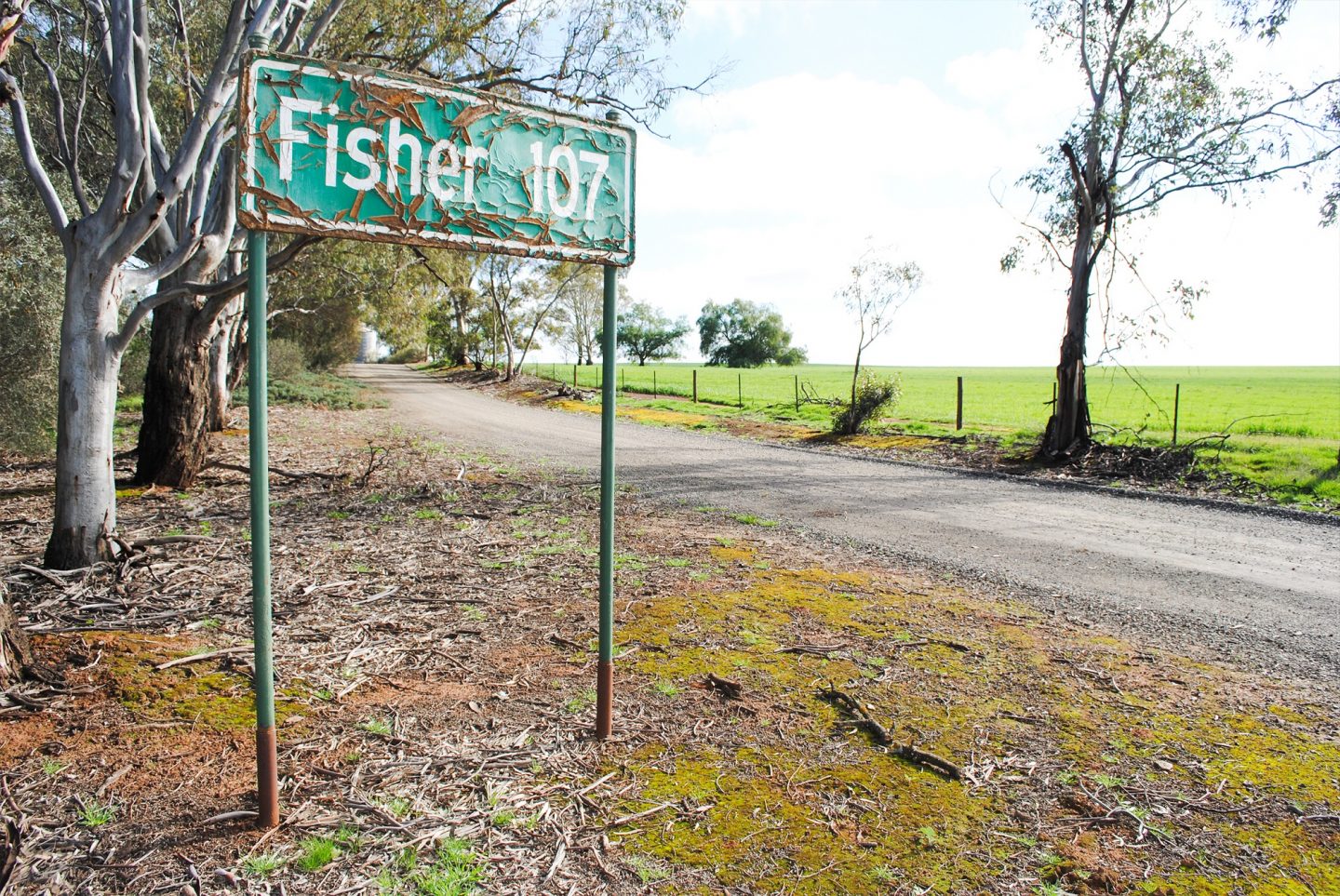Good Country:
Feeling real in Freeling

Fact and fiction begin to blur when names and landmarks invented for a television show like McLeod’s Daughters become part of a region’s character and recent history.
On a tour of the old Wild West lot in Hollywood’s Universal Studios, I had a revelation. Although the buildings were only facades, the make-believe town had its own rich history and energy. In this sense, it wasn’t so different from the real South Australian towns I enjoy visiting.
South Australia also has towns and regions where fact and fantasy overlap. One such ‘factasy’ factory is Freeling, a town where much of the popular TV show McLeod’s Daughters was filmed over its eight-season run from 2001 to 2009.
Freeling, a cereal-growing region between Gawler and the Barossa, has some of the best farming land in Australia and the Thiele Highway running through it. This is apt, as the highway in this TV-fiction area was named after Colin Thiele, author of Storm Boy and other moving stories set in rural SA.
A drive into Freeling reveals the antiquated Gungellan Truck Stop and the Gungellan Hotel. Both seem legit. However, Gungellan was a fictional town in McLeod’s Daughters, where these two locations were often employed. So, you can grab a brewski or a takeawayski at the actual pub used in the show.
The wonderful Dal Long runs ‘Day Tripper: Tours to McLeod’s Country’. Although the show ended over a decade ago, a reboot movie is slated to begin filming next year and access to episodes on Stan and 9Now keeps the embers of interest stoked.

Indeed, before COVID-19, Dal was running several tours a week. Around 75 per cent of her guests were from overseas, with 20 per cent from interstate and five per cent from SA. Incredibly, says Dal, “most of the people touring Australia say they come here because of McLeod’s Daughters.”
And the fans are often intense. Dal hosts a lot of German and Dutch girls on her tour: “When I meet them, they’re decked out in their jeans, checked shirts, Akubras and boots. They feel they have to dress like that to be a part of it. They’re deadly serious.
“A lot of girls cry when they get to the gates of Drover’s Run [aka Kingsford Homestead]. People relate to the show’s storyline and have very emotional reactions. One girl threw herself on the ground and started bawling. Some people mix reality with pretence.” Perhaps this is inevitable at Kingsford Homestead, where the original owner was called Stephen King.
The tour visits a working farm, Woodnamulka, located in Fords, between Freeling and Kapunda. Property owner James Lewis grows wheat, barley, legumes, beans and vetch. Each year, 2500 sheep are shorn at Woodnamulka. More importantly, James is a good bloke. He and his family graciously allowed their property and home to be used for filming many episodes of McLeod’s Daughters.
A green road sign inside Woodnamulka proclaims the town of Fisher. But Fisher only exists in the imagination – another town in McLeod’s Daughters (actually Kapunda). The cracked lines of the sign resemble the surrounding gumtree branches, morphing art and nature.

James is warm and accommodating. “All of the tourists are good. People come over to see the shearing sheds,” he says. For one episode of McLeod’s Daughters, the producers asked James to drive around his property. James says, “I was driving around all morning in my ute. Just went around and around for hours. I was on TV for all of 10 seconds.”
Another time, art not only imitated life – it dominated it. “In 2007,” says James, “I wanted to put a new roof on my home, and the producers said not to. They wanted the old style. So I waited until 2010.”
Dal’s tour stops unexpectedly at a lush green field where, upon seeing Dal, a chestnut horse neighs with joy. Dal feeds carrots to the horse she calls ‘Beautiful’. Beautiful and his mate were once seen in an episode of McLeod’s Daughters, but he doesn’t gloat. All he cares about is Dal’s kindness in giving him attention and food.
Visitors on the McLeod’s Country tour want to feel part of a family and feel loved. Although the show’s props and locations trigger memories and emotions, James and Dal’s caring and genuine personalities allow tourists to feel the same warmth they get from the TV show, bringing reality and pretence together for the good of the country.